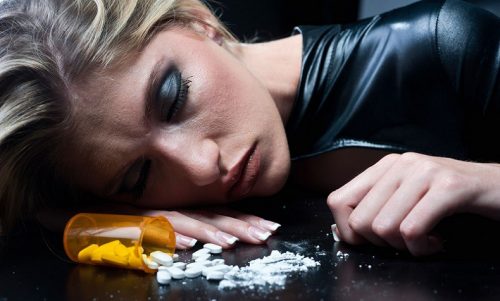
People often judge others especially if they are a substance or drug addict. But do they know the reason why chemically dependent people are like that? Some people just assume that they are immoral beings and that they can stop their addiction if they only had the willpower.
“Addiction is a non-medical term that refers to a wide range of mental disorders called Substance Use Disorders. There are a variety of different types of Substance Use Disorders, including Alcohol Use Disorder, Stimulant Use Disorder, and Cannabis Use Disorder, just to name a few.” –Hailey Shafir, LPCS, LCAS, CCS-I
If only that were true, there would be no addicts now. In reality, being addicted to drugs, or in a medical sense, suffering from substance use disorder is genuinely complicated. As the saying goes, never judge a book by its cover. Addicts, while they display annoying and disturbing behavior, have to be understood, supported, and helped.
What Is Drug Addiction?
Drug addiction is a chronic illness that manifests an obsession and compulsion to use a specific substance, depending upon the irrational need of that person. It won’t matter to addicts that their abuse of legal and illegal drugs are harmful to their health. They will do it because they “think” that they’ll feel better after the “fix.”
Addicts are blind and will disagree if you tell them that their brains will deteriorate in time due to drug use. Yes, there is a treatment for this kind of disorder. A series of recovery and treatment activities are performed by those who want to get clean. The issue now after recovery is relapsing. When a recovered or recovering drug addict goes back to his old ways, it is called a relapse. The dangers of that to the body is higher and astounding.
What Happens To An Addict’s Brain?
When a person is doing drugs, it impacts his “reward circuit.” The brain will release a pleasure signals because of it. Now, the body will respond and find means to repeat the usage of drugs over and over again. That’s because it “feels good.” The drugs provide a state of high and elation.
They will use the drug repeatedly to try and achieve that same high again, but it’s not going to happen. The first time will feel good, yes, but after that, the brain tolerates the excess dopamine (feel-good hormones). People will now crave for that, and it results in their addiction.
But that’s not all. Because the brain has tolerated the drug use, it is now altered and messed up. The pleasure center is in “disarray” and will not find enjoyable things before as gratifying now. For example, they don’t want to eat their favorite foods, or they don’t see happiness in watching movies anymore. Before they became addicts, eating is their passion and watching movies is a relaxing moment.
Long-term changes in the brain also affect their learning ability, the way they make decisions or choices, how they pass judgment, the level of stress they are experiencing, their memory, and behavior.
“Symptoms of Substance Use Disorders include frequent use, prolonged use, cravings to use, and an inability to stop or cut back. The hallmark symptom of a Substance Use Disorder is continued use even after a person has experienced negative consequences because of their use (American Psychiatric Association, 2013).” –Hailey Shafir, LPCS, LCAS, CCS-I
Why Are Some People More Susceptible To Getting Drug Addicted?
The exact reason for this is still unknown, but for now and according to research, some people are more susceptible to drug addiction because of biological factors, environmental aspects, and a person’s developmental stages.

Is There A Cure For Drug Addiction?
“Admitting you have a problem is the first step in treating your addiction. However, due to the nature and the danger of this disease, simply just stopping on your own is highly unadvisable.” Dr. Howard Samuels, PsyD said. It is a chronic disease like asthma or diabetes, and once it’s in your system, there is no cure. But there are treatment programs to follow so that the addiction is treated and managed. It is best to combine behavioral therapy and treatment meds for a successful outcome.